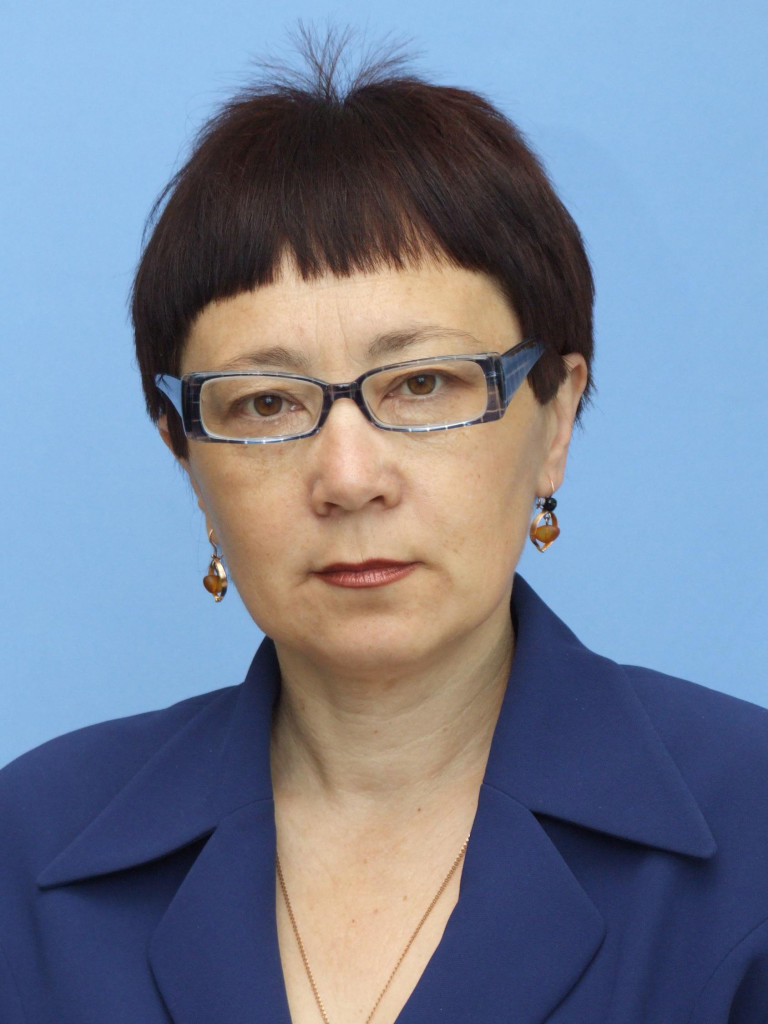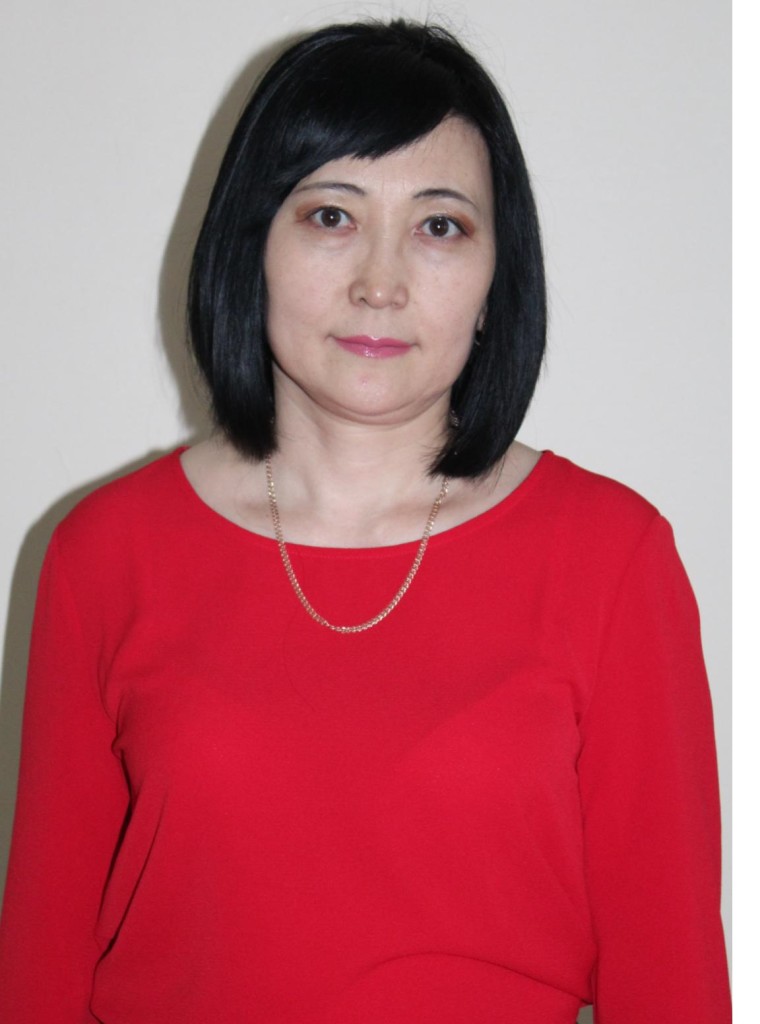Linguistic scholars rarely step into the spotlight of the nation’s historic events. Their everyday research work is routine and monotonous and may seem boring and ordinary for an amateur: correlation of linguistic facts, language mechanisms and analogies based on archival materials, etc. At the decisive stages of history, however, a dialogue of experts turns into a large discussion platform.
Different opinions have been expressed about the transition of the Kazakh language from Cyrillic to Latin script, which can be viewed as evidence of the democratic spirit of the era. There were objections from the philistine based on stereotypes and the inertia of the consciousness: the old is correct by default.
Linguists, in addition to highly technical issues, study the relationship between language as a system and language as an activity.
The language system itself inherently stores the representation of an individual and his or her ability to mentally perceive and process external information about the world, the language and the texts themselves.
“A linguistic taste of time,” if using an expression by a famous linguist, is currently determined by its communicative approach. We live every minute “participating in a dialogue” and the productivity of our communication, reaching an agreement and the success of cooperation – all are dependent on how adequately we can communicate our message to the world.
What is at stake for us then? We have to make sure we are heard.
Under market conditions, language ceases to be simply a part of a purely humanitarian or cultural sphere, but a marketable good. And like any other product promoted on the market, it needs to be competitive, attractive to consumers and correspond to the current situation.
We have not yet forgotten the time when the older generation saw an infringement of their rights because of the transition to a single state language. And the youth, more receptive to the “habitat” and guided by pragmatism and the societal demand, took a quick shift and began to learn the language.
One needs to study Russia’s experience: representatives of ethnic groups that call it home speak and study Russian. Today, however, many of them are driven not only by the desire to connect with the cultural heritage the Russian language preserves, but to gain a competitive advantage in career options.
Experts from university schools where Russian is taught as a foreign language say that the primary motivation to study it is an economic one: fluency in Russian opens up a possibility to get a good major. So, the reality of the day is that if a language is in demand but has not yet won the trust of the consumer, it must be advertised so that the consumer can clearly see the benefits of mastering and using it.
There are numerous cases of Americans coming to remote areas of East Kazakhstan to learn Kazakh and become an expert in a rare skill. In a foreigner’s understanding, “an expert in a rare skill” is an “expert in demand” and as a result a well-paid one.
Economics is increasingly referred to as a branch of the humanities. Kazakhstan’s programme of multilingualism well meets the challenges of today’s time: only by earning “linguistic capital” and investing in a personal “language basket” can one accomplish maximum success in a professional career. Modernisation of national identity first and foremost means an “overhaul” of the mind embedded in stereotypes that are framed in persistent verbal formulas.
By recognising the Latin script as “the main language of the digital era of the world” and choosing for its own language a script already utilised by many languages of the world, Kazakhstan is making another civilisational breakthrough in order to be an equal partner in the space of advanced knowledge, scientific achievements, technological progress and people’s digital communication.
Why is the switch of the Kazakh language into Latin script a serious argument in favour of securing the nation’s spiritual unity? Even within a single Turkic language family (in Turkey, Azerbaijan, Turkmenistan, and Uzbekistan) we can understand each other when speaking, but not when reading.
It is quite natural that in light of international economic crisis we all are concerned about the cost of this switch. But keep in mind that any new product entering the market requires investments in advertising and promotion that sometimes represent a considerable amount of resources. The return on investment starts showing up only after years of the goods being sold in the market.
It is not for the first time that the young nation asserts itself through revolutionary and ambitious projects. The construction of the new capital was mostly perceived and assessed as an inexpedient and costly experiment. Yet today, Astana is a national brand recognised by the international community.
What are the priority tasks assigned to the nation’s linguists and researchers? First of all, each of us realises the degree of professional responsibility imposed by the time and by the state. Participation in the development of a language requires appropriate qualification and balanced explanatory work both among experts with professional background and a new generation of researchers. After a number of thorough linguistic studies, discussions by authoritative researchers and methodologists-practitioners at various professional fora, a set of specific tasks for further language development on the national scale has been formulated, namely the development of rules for orthography and orthoepy (rules of correct pronunciation) of the Kazakh alphabet in Latin script; the development of teaching methods and their gradual introduction into the educational system; systematisation of the terminological corpus of the Kazakh language in Latin graphics and adaptation of the Latin-based language to IT technologies. These are all laborious and thorough processes which will undergo regular adjustments corrected by linguists.
Since 2003, East Kazakhstan State University has carried the name of a well-known linguist, Turkologist and one of the founders of Kazakh linguistics, Sarsen Amanzholov, who was also the developer and founder of Kazakh grammar, alphabet and spelling, the basic principles of Kazakh terminology and the foundations of Kazakh dialectology.
A dialogue platform created at the university has provided a new opportunity for expert discussions with prominent national scholars. A recent teleconference between scientists and students from four regions of the country has filled the participants with a spirit of solidarity and professional confidence in the success of the future enormous work.
Both teachers and students at the School of Kazakh, Russian Philology and Journalism understand the full measure of responsibility for the ongoing processes. And the very fact of everyone’s participation in the historical event of language development is perceived with a corresponding emotional upsurge.
Are the political decisions correlated with the logic of scientific evolution? A number of renowned linguists underline the necessity of building a new scientific paradigm with reliance on humanitarian technologies.
Humankind is standing on the doorstep of a new linguistics era that will give practical features to the humanities not by abolishing, but by fully revealing their specifics.
A humanitarian invention is a new humanitarian idea which includes the means of its implementation in the form of cultural practices, intellectual movements, creative organisations and forms of cooperation.
Undoubtedly, the transition to the Latin script will give a new impetus to promising scientific ideas for Kazakh linguists that will transform our nation’s identity.
The authors are professors of linguistics at Sarsen Amanzholov East Kazakhstan State University.


